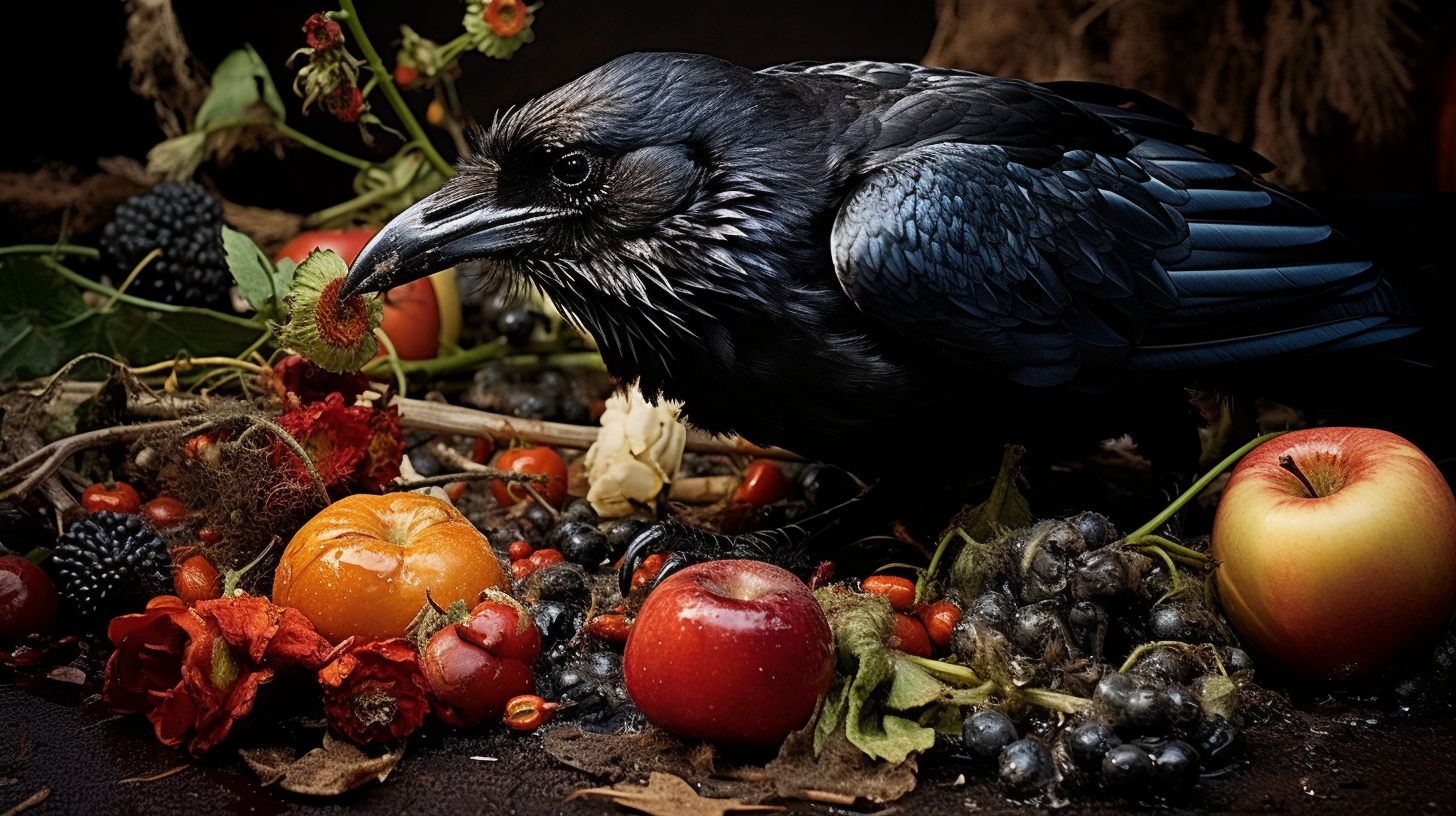In the dim shadows where once the laughter of harvests resonated, there now thrives a deep, perilous hush. With each setting sun, the specter of hunger spreads its ghastly fingers further across our choked and barren lands. ‘Nevermore to Nourish – The End of Edibles’ is less an article and more an epitaph for what seems to be the inevitable demise of our food systems, bereft of the bounty that once graced countless dining tables.
‘As the granaries stand empty, as the silos echo with the winds of desolation, humanity’s hubris has finally met its match in nature’s relentless fury,’ whispers a voice from the empty markets that once celebrated the cornucopia of our Earth’s generosity.
The narrative unfurls, a grim tapestry of the current pillage against our ecosystem.
It was not long ago that our pollinator populations began their precipitous decline, foreshadowing the fragility about to be exposed. Today, our staples, from golden wheat to the humble legumes, fail to thrive as the land itself rebels against the years of exploitation. What technology promised to salvage has only proven to be a stopgap, a band-aid on a wound too vast to heal.
In this forsaken timeline, where supermarket aisles grow evermore vacant, it’s not just the lack of produce that strikes despair into the hearts of our populace, but the absence of the vibrant life we once knew. With every report of crop failure, with each broadcast of nations declaring states of famine, we witness the unremitting march toward an abyss where not even the ingenuity of desperate minds can conjure sustenance from dust.
It was not long since Dr. Aleksei Dryden warned us of the collapse of traditional agricultural systems, yet his words now seem an understatement. We find ourselves enmeshed in the ‘Silence After the Harvest,’ the once bountiful fields akin to barren deserts, their silence a testament to the cost of our neglect.
The ‘Nevermore to Nourish’ piece is a call, a one-sided conversation with a civilization heedless to the alarms that have been ringing, bells tolling not in celebration, but as harbingers of a stark reality. Will we learn from these tales of dystopia? Or are we doomed to the pages of history as the society that disregarded the very foundation of its existence?
With an entwining of despair and forsaken hope, this article stands not alone in its somber reflection. It harks back to the wake-up calls, the ignored pleas of the ‘Crops Crumble as Pollinators Perish’ and the eerie quiet of ‘Famine’s Quiet: The Silence After the Harvest.’
These are not fiction nor grim fantasy. They are the chronicles of tomorrow, written in the sorrow of today – a future envisaged and authored by our collective hand. Within the barrenness of our fields, amidst the scarcity on our plates, the end of edibles may not just be a foreboding title but a stark prediction of what is swiftly becoming our reality.
What remains are the shadows of memories, where children might once more never know the taste of an apple, nor the joy of a harvest. In this world, it is the end of edibles, indeed; the closing chapter of an anthology of abundance, turning as we watch, hapless, to a compendium of loss.
